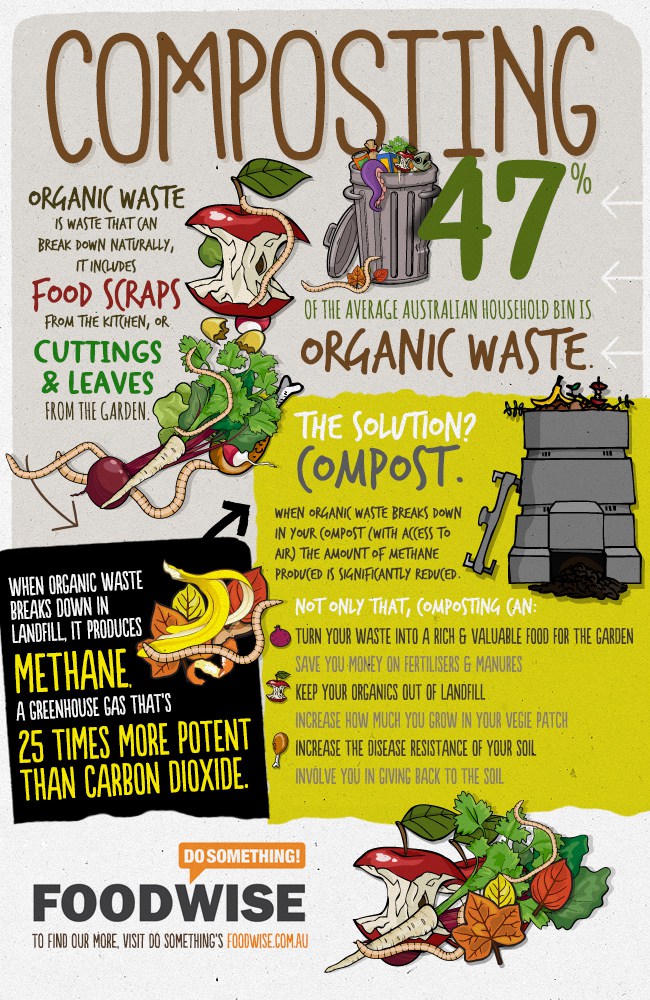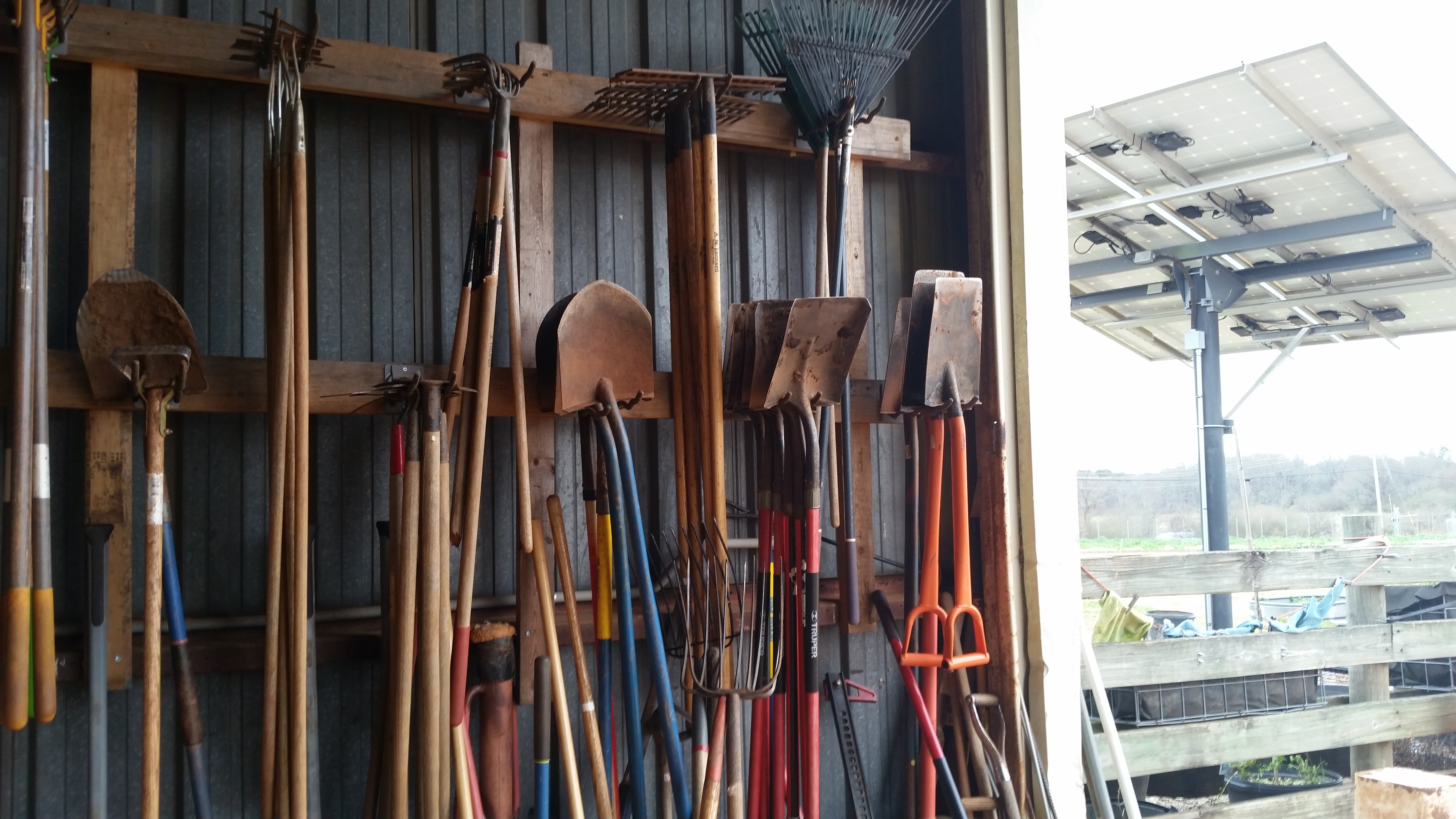Composting Info-graphic
Ryan Southard
What:
This info-graphic is intellectually stimulating because it provides useful information about the reason’s behind composting. It doesn’t just tell you that you can do something, but it tells you what to do, and why you should do it. It is also creative because the visual design is well thought out and is visually appealing.
Gut:
This graphic invokes a surprising amount of hope for me. I constantly hear about environmental issues, but I don’t really ever hear about what we can do to prevent them, so it’s nice seeing something which both informs people of these issues while also giving a viable solution to them.
So What:
I hadn’t really ever thought about the effect that methane might be having. When people talk about greenhouse gases, most people will think of carbon dioxide. However, it’s probably important to remember that other gasses have negative effects and can come from other sources beyond the classic ‘pollution source’ such as cars and factories.
Now What:
I know that I’ve never really given thought to how much my food waste might be affecting our world, so it could be nice to include similar information in our info-graphic for students, as I would assume many of them haven’t considered this as well.


